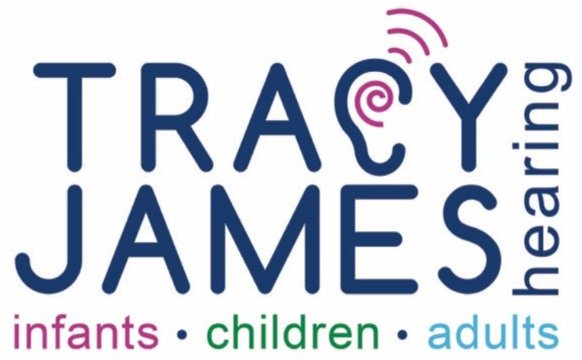What to expect at your hearing test with Tracy James Hearing
There are many reasons for a hearing test, you may feel that you aren’t hearing as well. The TV is louder than for others. Or quite often it’s because someone at home has told you that you aren’t hearing as well as you should.
For some people it may be because their ears don’t feel right; or they have developed tinnitus or balance issues. Checking your hearing is one of the first things we do to see if it has a relationship to the tinnitus and vertigo.
Before your appointment
Ideally, we or your GP will check your ears to make sure there isn’t any wax. Wax can be a real issue and if there is a significant amount than it can affect your hearing.
If you have checked for the above and it’s all clear, then hooray come to your appointment, and please bring family members too, they are so important in any appointment. Remember you may be at the appointment for up to 1 hr as there is a lot to do and discuss.
At your appointment
The 6 steps of our hearing tests….
1) Talking
You will be greeted by either Tracy or Louise and we will take you into a room. Firstly, we will discuss with you what brought you to the appointment. What problems are you having hearing wise. For example - is it struggling with all speech in general, or just in certain places. Where you are struggling to hear and where you wish you could hear better? We, will ask you about your medical history, your work/lifestyle history, things that will give us an idea of what may have brought you to this appointment
2) Examining your ear
We will look in your ears with an otoscope, to check your ears. This can tell us a lot. If there is wax present. If you have an infection. All important information, it will help guide us to whether there may be a medical reason for your hearing loss.
3) Hearing Test
Testing your hearing allows Tracy and Louise to understand what you hear. When we do a hearing test, we are looking to see what is the quietest sound you hear. We will put some headphones on your ears (or inserts) and ask you to press the button every time you hear a sound through the headphones; regardless of whether they are loud or very soft, it’s important that you press the button for the length of the sound you hear. They are all different frequencies of beeps. Don’t worry of you miss one we double check. Then put a bone vibrator on a headband behind your ear. This bypasses your ear and goes straight to the hearing nerve. This is an important test as it helps us diagnose the type of hearing loss that you have. You press the button for that test too, as you did for the headphones.
4) Tympanometry
This checks whether there is anything behind your eardrum that maybe affecting your hearing and we often do this to help confirm our hearing test findings. You will feel a change in pressure and a sound. You don’t need to do anything for this. The resulting graph tells us how your eardrum is moving, if it’s moving well, if there is a hole in it, or fluid behind, all things that can impact your hearing.
5) Speech Testing
Like tympanometry this might not be done routinely, but can be very helpful in understanding how you hear speech. We will ask you to repeat words or sentences sometimes with noise sometimes without. The results of this can be very helpful and direct us further in how to help you best.
6) Findings/ discussion
Now for the findings. We show you your audiogram/hearing test graph. Explain how each ear hears, and whether they are the same or one worse than the other. Sometimes we even get to say you hear well. We will explain the type of hearing problem you have and what ways we can help you, the solutions to helping you hear better. This may be hearing aids or even assistive devices to help you hear things better such as the TV. We understand that each person is an individual, two people may have the same hearing loss and yet how well they hear can be completely different. That is why we aren’t affiliated to any one hearing aid manufacturer and why we spend so much time making sure that we give you a personalised service
Written by Louise Hart BA (Psych) Grad Dip Audiology, RCCP RHAD
Audiologist and Tinnitus Specialist for Tracy James Hearing and Trainer for TJ Audiology Training


